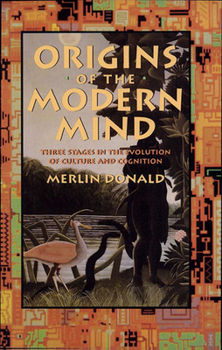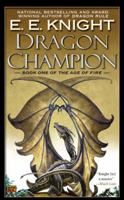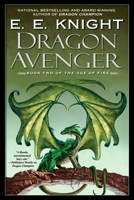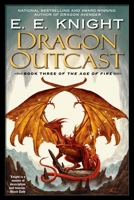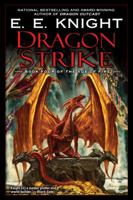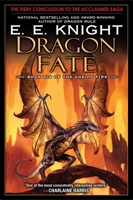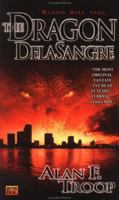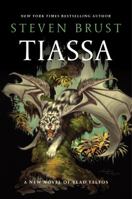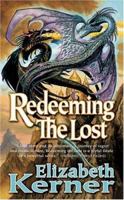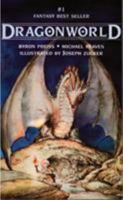Origins of the Modern Mind: Three Stages in the Evolution of Culture and Cognition
Select Format
Select Condition 
Book Overview
Related Subjects
Civil Procedure History Law Literature & Fiction Politics & Government Rules & ProceduresYou Might Also Enjoy
Customer Reviews
Rated 5 starsA brand new idea about human origins
This is a book that will forever change your view of what it means to be a human being. It is a work of enormous scope, from the minutiae of neurophysiology to archaeology and anthropology to the curriculum of mediaeval schools and modern systems theory, and everywhere closely researched with evidence weighed with care and insight. The argument is broadly this: our evolutionary cousins, the apes, have brains which enable them...
0Report
Rated 5 starsA really swell read....
This is a fun book to read-- which is something for a book that credibly spreads across a number of disciplines and through some pretty dense stuff.... Donald is a credible writer and has a style that is simultaneously engaging without losing academic credibility. After opening up with a couple of chapters dealing with a review of literature stemming from before Darwin, he moves into an examination of archaeology, anthropology,...
0Report
Rated 5 starsEarnest, Learned and Valiant Effort
Although I didn't finish this book altogether convinced (nor altogether unconvinced) of his schema for human cognitive evolution, I was nonetheless very pleased and very grateful for Merlin Donald's clear and thorough review of the facts. Donald carefully sorts through the wealth of anthropological, paleontological, physiological, linguistic, and, most intriguingly, cognitive-psychological data, to separate the real clues...
0Report
Rated 5 starsHow Did We Get To Be So Smart?
The shelves are crowded now with books on the origins of intelligence. Donald's 1991 book is still an excellent introduction. He begins with a fun though intense review of 19th and 20th century brain studies, exposing the workings of the human mind. Then he reaches back to our beginnings, examining chimpanzee intelligence for clues. After a look at various chimp talents, in socializing, politics, tool-making, and very...
0Report
Rated 5 starsHighly Recommended. An overlooked masterpiece.
This book may be a bit dense to get through, but it is packed with fascinating ideas and highly worth reading for anyone interested in the evolution of the human brain and its relationship to the evolution of human culture. Donald's grasp of anthropology and cognitive science make this book an excellent introduction to what's going on in that field. But what makes it especially deserving are his own contributions, particularly...
0Report











